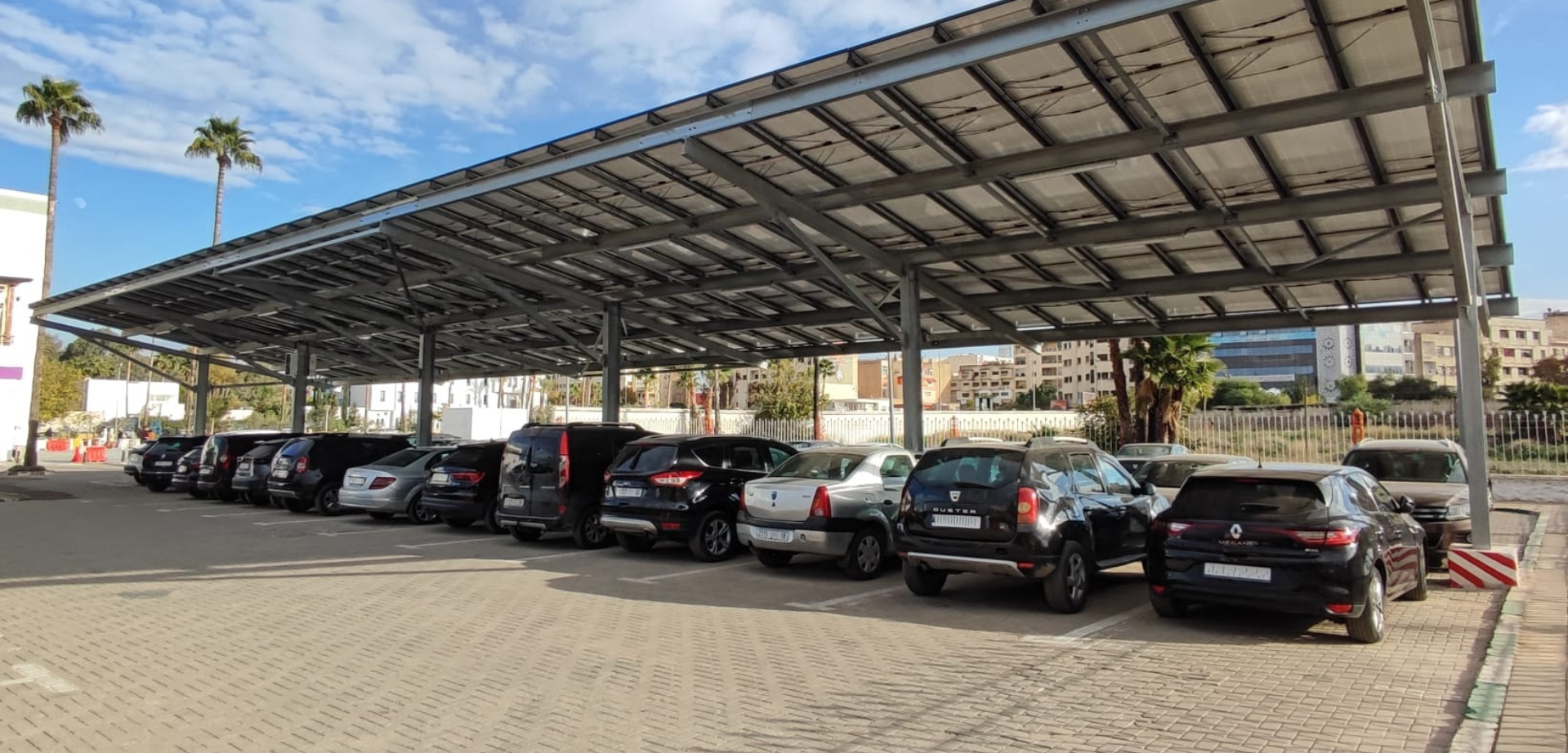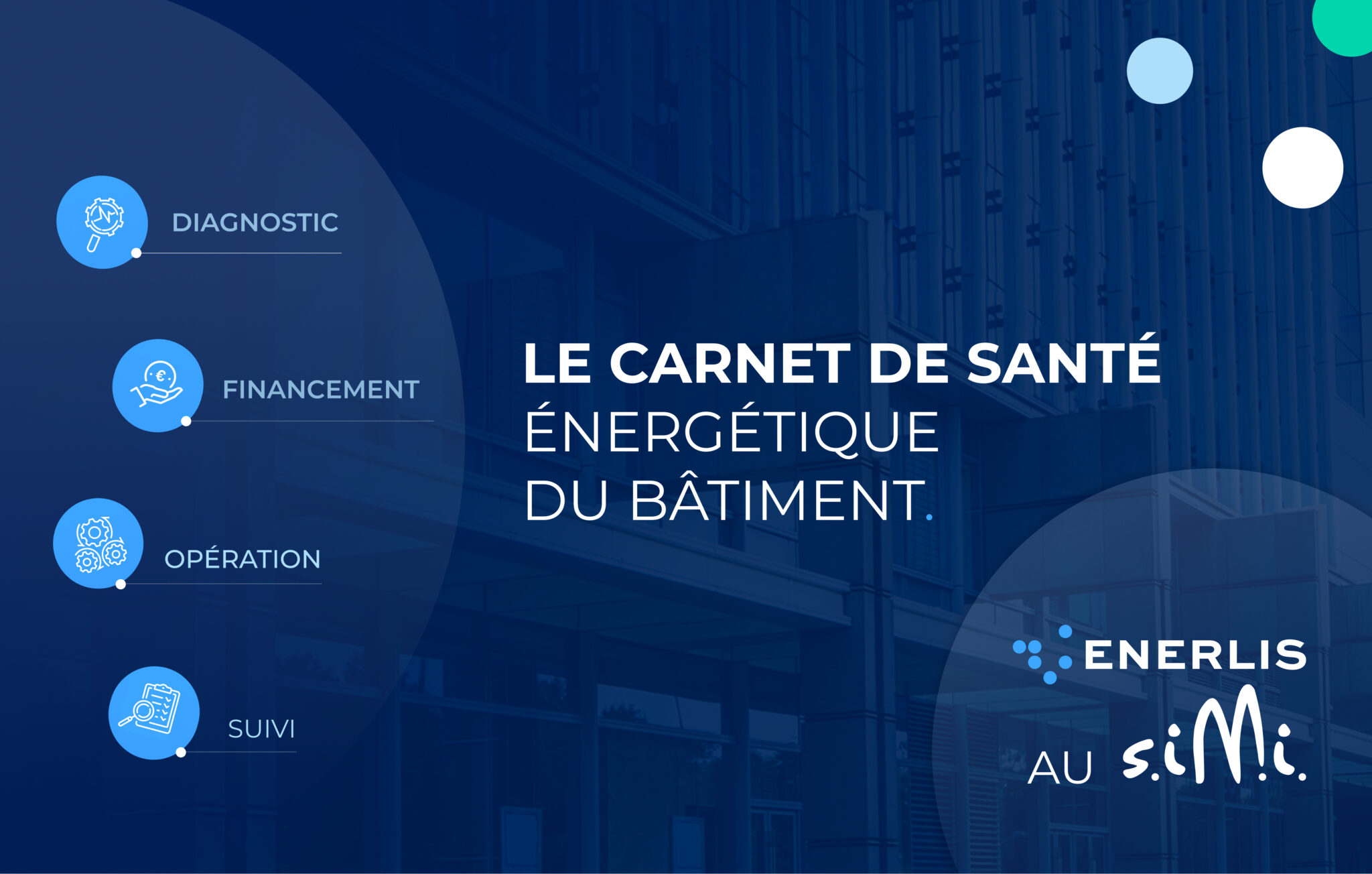The Zero Carbon forum was held in Paris this Tuesday, November 30.
It was about the city, in the broad sense, in a world where reducing carbon dioxide emissions has become a major issue. Multiple round tables were organized for this occasion. The objective? Encourage dialogue, around various issues, between stakeholders from various sectors. Mobility, lifestyles, town planning, buildings and energy are all aspects of the issue. Mayors of large cities, but also business leaders, citizens and NGOs were able to share their visions, often complementary, sometimes contradictory, on themes that concern them all to different degrees.
TERTIARY DECREE: THE MAJOR PROJECT
Aurélie Gaudillère, president of Enerlis , spoke alongside Magali Saint-Donat, president of the CSR commission of the Association of Real Estate Directors, and Gabriel Franc, director of the Franc Architectures group, to discuss “The major construction site of the 'energetic efficiency ".
Very quickly, the tertiary decree slipped into the conversation, since it represents in a way the injunction to renovation to which almost 65% of buildings in the tertiary sector, both public and private, are subject. All these buildings are required to reduce energy consumption staggered over time, from minus 40% in 2030 to minus 60% in 2050, compared to a reference year. Aurélie Gaudillère recalls the figures, this represents around 600,000 buildings to be renovated across the entire territory, including 225,000 public buildings.
Hence the “major project” which is being prepared.
Although this decree is perceived favorably, because it is judged to be in line with the issues of the time, certain questions remain, while the first obstacles surface.
Less than a year before the first deadline, September 30, this round table takes stock of the situation and opens up some perspectives. For example, there is a question of lack of awareness of the decree by the general public. Many players do not know they are affected, in part because the threshold of 1,000 m² concerns the building as a whole, and the cohabitation of several modestly extensive activities under the same roof can result in the liability of each of the occupants, and the owner of the walls. Moreover, the distribution of roles between owners and tenants, although it is based on the provisions of the lease, raises some concerns.
Later, Ms. Saint-Donat recalls that the two easiest levers to activate are the optimization of the systems in place (turning off the lighting at night, reducing the heating) as well as raising user awareness.
However, given the scale of the reductions imposed, in most cases this will not be enough. Hence the importance of the energy audit – global diagnosis of the situation of a building – which Aurélie Gaudillère insists on, and which must serve as a starting point for any action carried out intelligently, that is to say guided. with a long-term vision. If the question of financing all these projects legitimately arises, we must not neglect the potential of energy savings as a powerful lever.
Over 30 years, it is estimated that the tertiary decree projects will cost 43 billion euros, while they will save 62 billion. Hence the solution proposed by Enerlis to professionals who have no money to invest and yet are subject to the tertiary decree, which consists of fully financing the energy renovation of their spaces, thanks to subsidies and the resulting savings.
Find the details of the exchange by clicking here .
For more information on the Tertiary Decree, contact us .
Similar articles

Press release | Enerlis at the heart of the Moroccan rail!
We are proud to announce the delivery of two photovoltaic solar power plants in the stations of Fez and Benguerir, made ...
See more

